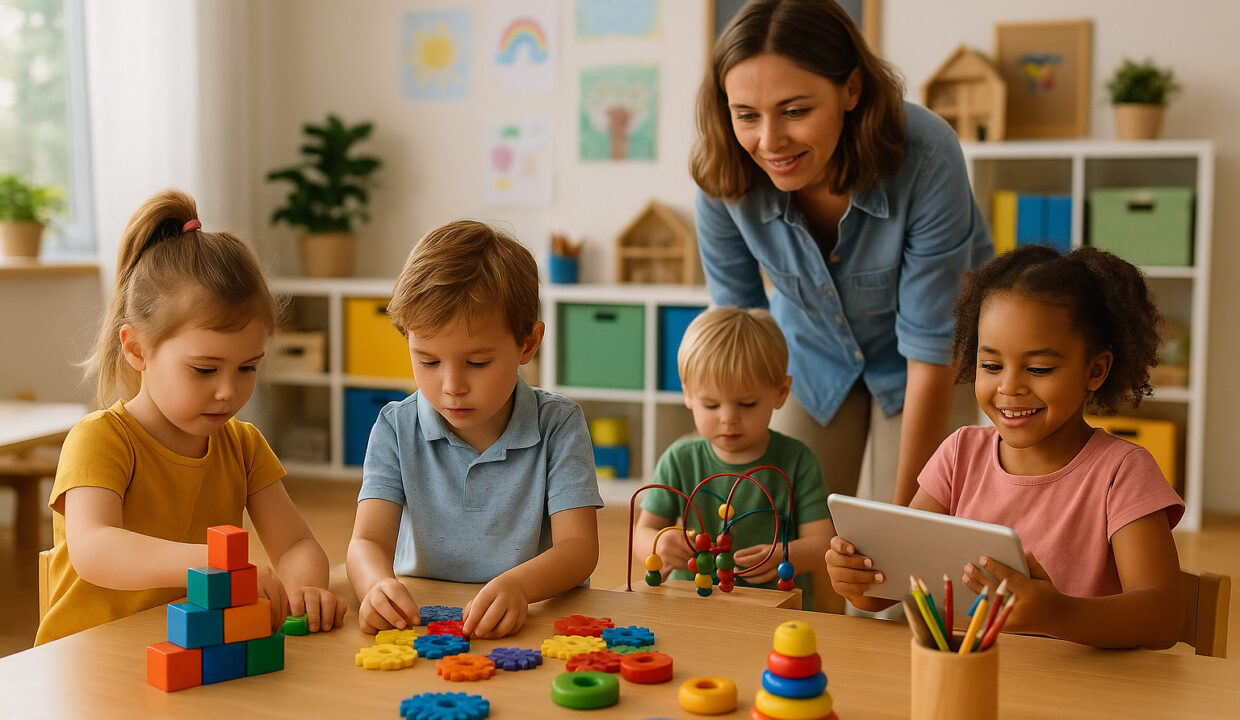
When children play, they’re not just having fun, they’re learning in the most natural and powerful way possible. Play-based learning bridges the gap between curiosity and education, turning everyday moments into opportunities for growth. Far from being a distraction, play encourages creativity, social skills, and problem-solving—core foundations for lifelong learning and success.
The Science Behind Play-Based Learning
Educational research has shown that play stimulates critical areas of brain development in early childhood. Through unstructured activities like building blocks, pretend play, or storytelling, children strengthen their cognitive, emotional, and language skills. Neuroscientists agree that play enhances neural connections that support memory retention, decision-making, and imagination. Simply put, play activates the brain in ways traditional instruction often cannot.
Developing Essential Life Skills Through Play
Play-based learning teaches more than just academic concepts—it cultivates essential life skills. Activities like teamwork games or role-playing scenarios help children practice communication, empathy, and leadership. Even problem-solving exercises, such as puzzles or science experiments, promote resilience and adaptability. These soft skills are crucial for success in both school and future careers, making play a vital part of holistic education.
The Role of Teachers and Parents
Educators and parents play a guiding role in creating an environment that encourages meaningful play. Rather than dictating activities, they serve as facilitators—providing materials, asking open-ended questions, and allowing children to explore freely. Structured play, like classroom simulations or group projects, blends fun with learning outcomes. When adults join in the play, children feel more supported, engaged, and motivated to learn.
Why It Matters in a Modern World
In a technology-driven era, play remains one of the best tools for developing critical thinking and emotional intelligence. It helps balance digital exposure with creativity, cooperation, and curiosity. Studies show that play-based learners tend to perform better academically and socially, proving that play is not just leisure—it’s preparation for life.
Conclusion
Play-based learning is the foundation of effective education—where fun meets purpose. By encouraging imagination and exploration, it nurtures confident, curious, and capable learners. When children play, they don’t just enjoy the moment—they build the skills to shape their future.

